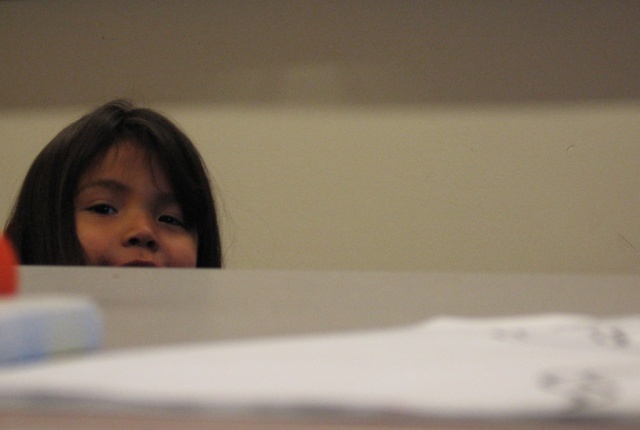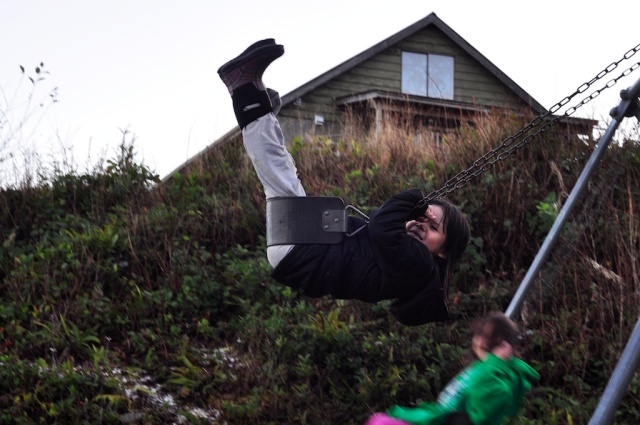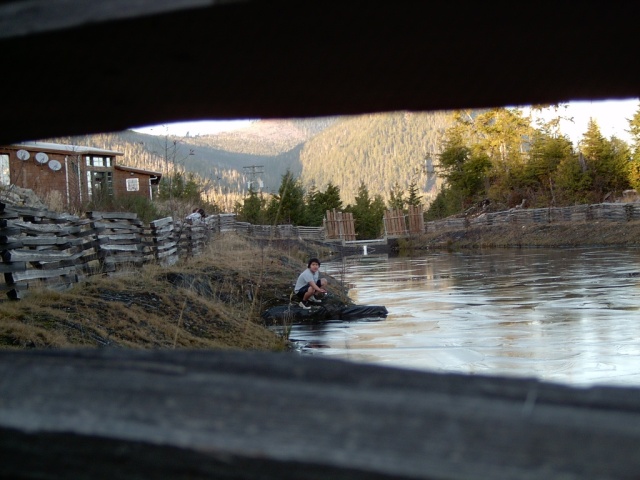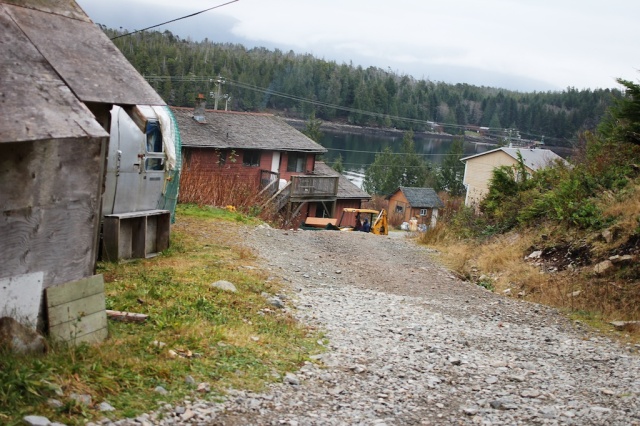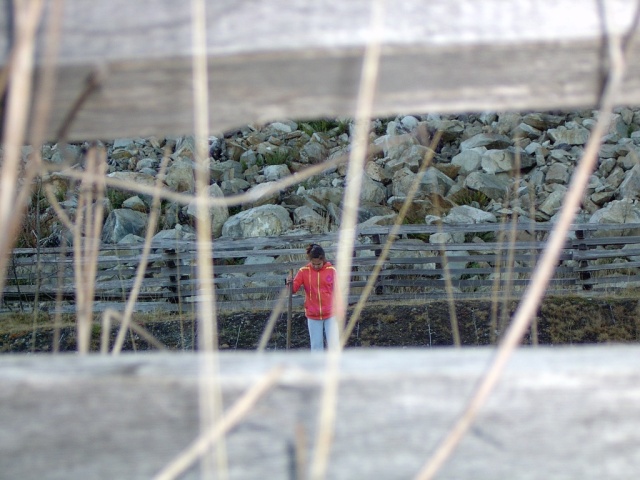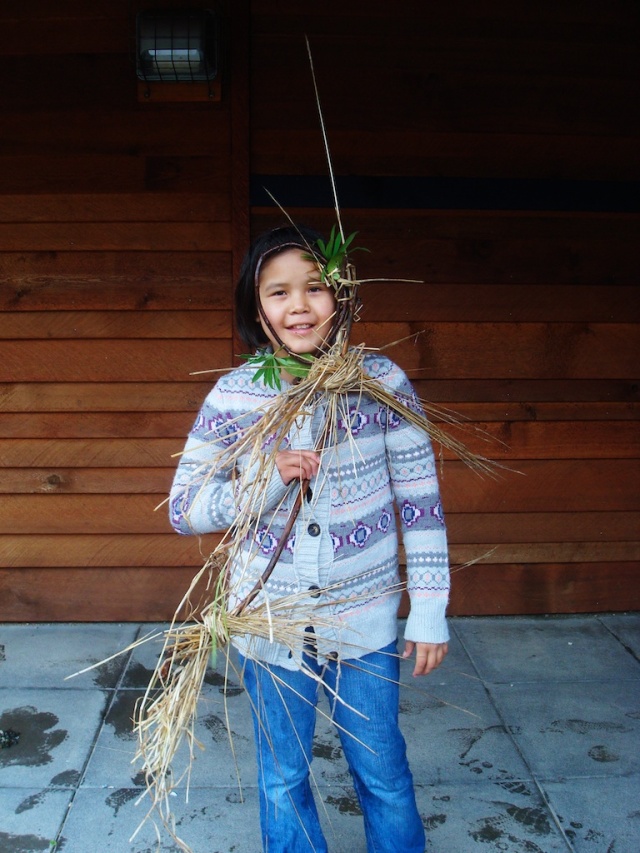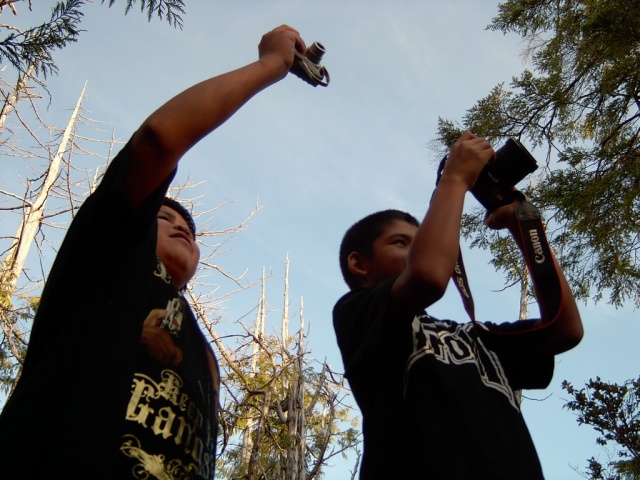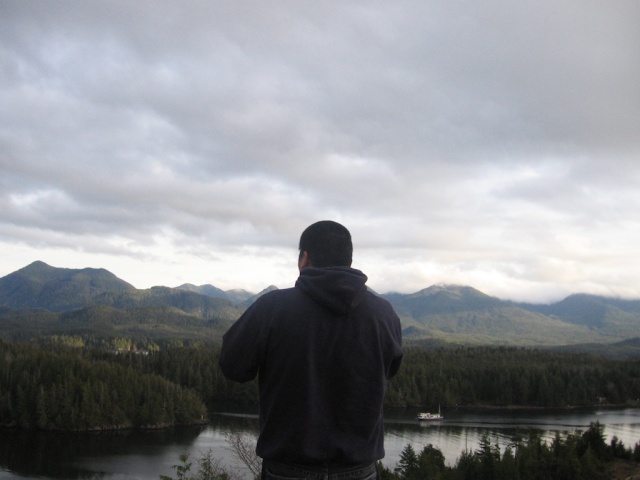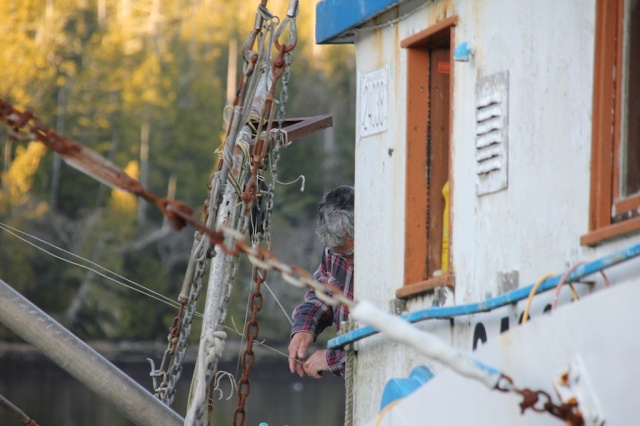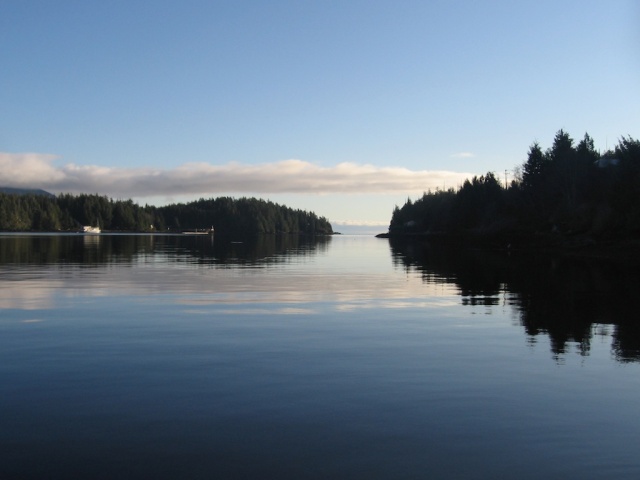According to statistics (note: I am wary of such things, but here it helps to communicate a point);
“First Nations youth in Canada are more likely to be incarcerated than graduate from High School”
The First Nations youth I know, are incredibly aware and perceptive. They know what is happening around them. These are smart kids.
The world around us influences our ability to fulfil our full potential. It is a reality that some kids have a more challenging ‘world around’ them. There are real reasons and histories which have led to this. If we can each try to understand these reasons and histories, and do what we can to address these, we are a step closer to creating a place where each child is able to become their truest, happiest self.
If anyone would like further context about what Patrick Charleson Jr. has spoken about here, and what I am writing about, there are many great resources about First Nations in Canada. Including, what they have experienced in recent history and how they are moving forward as a people.
Online you can check out;


